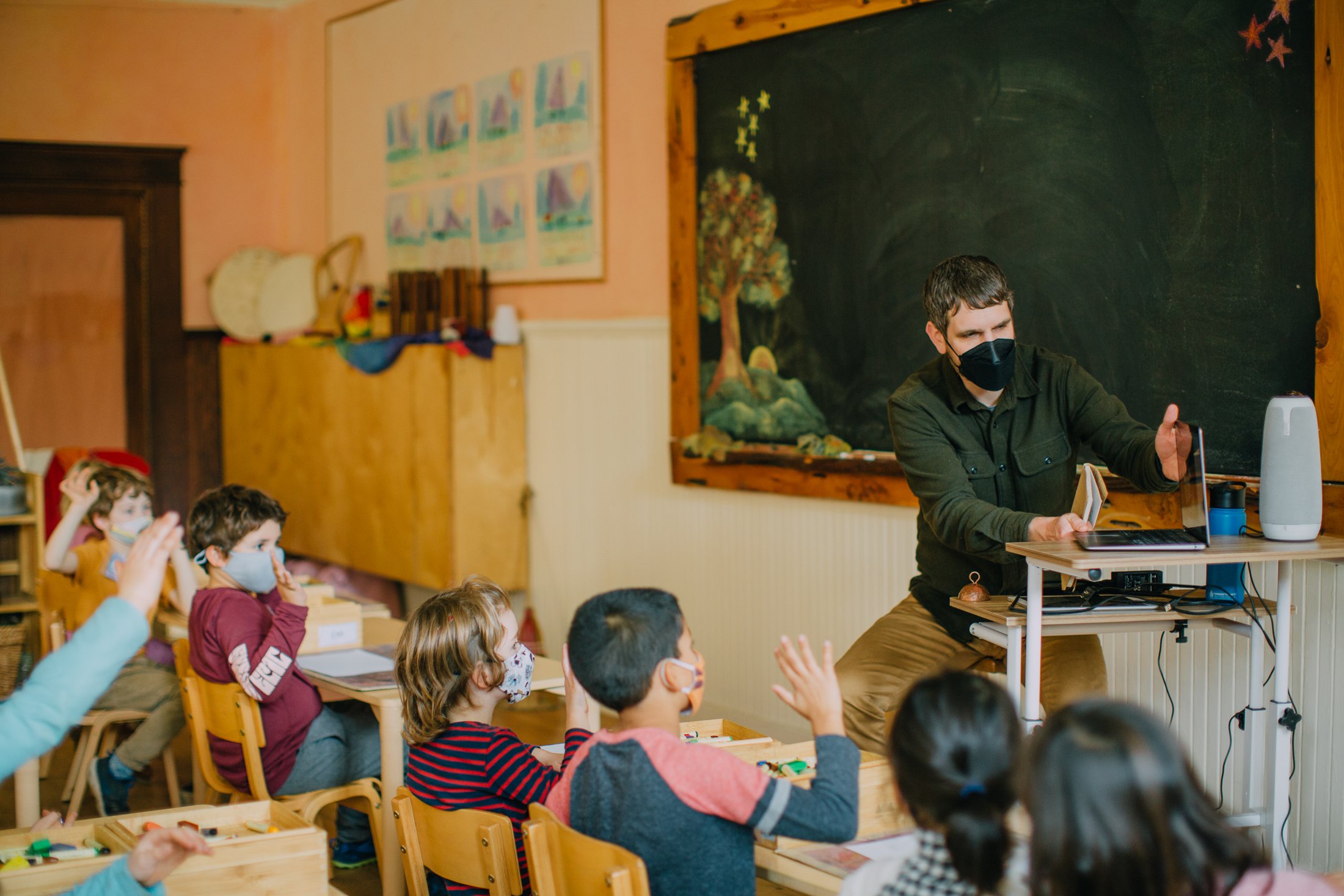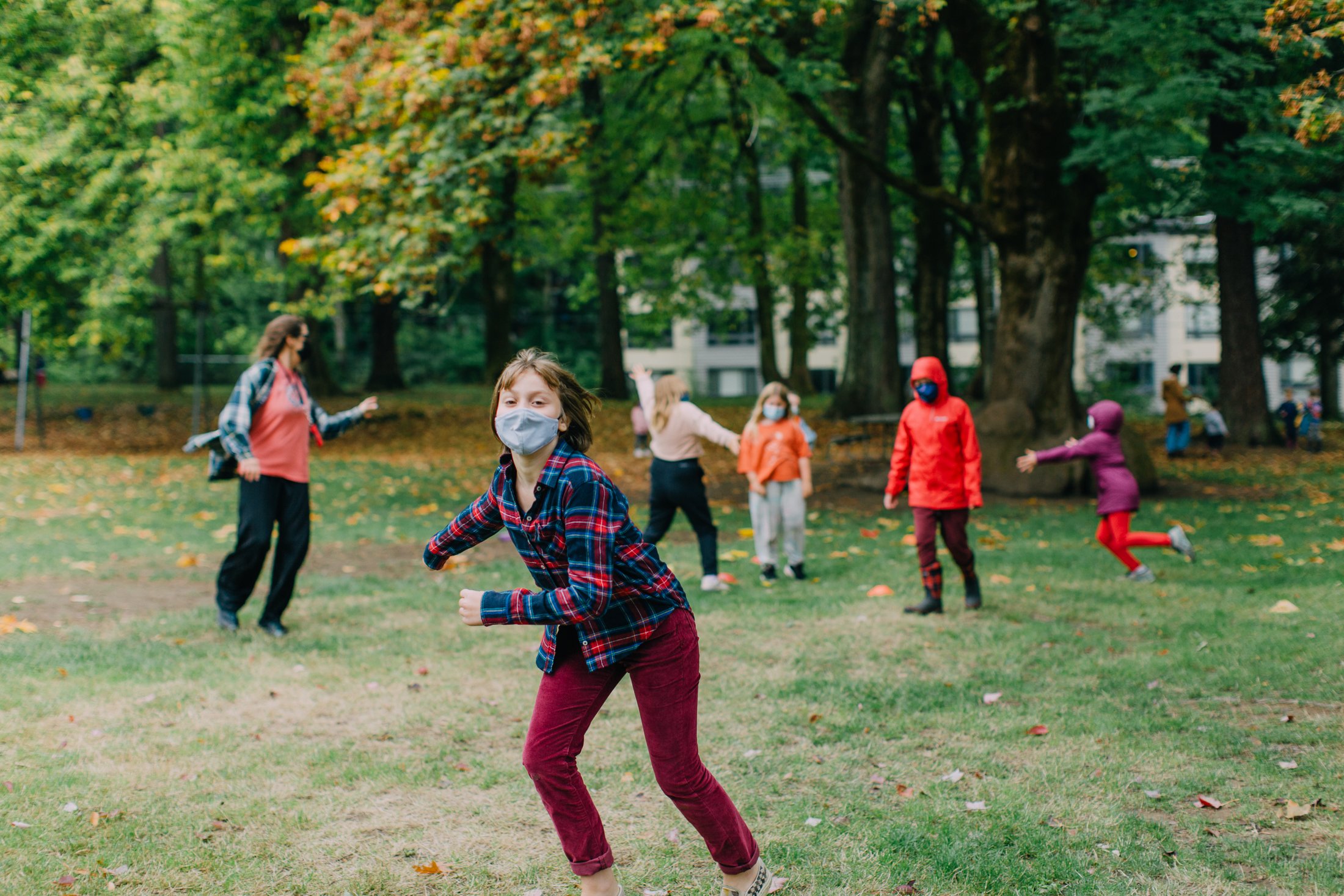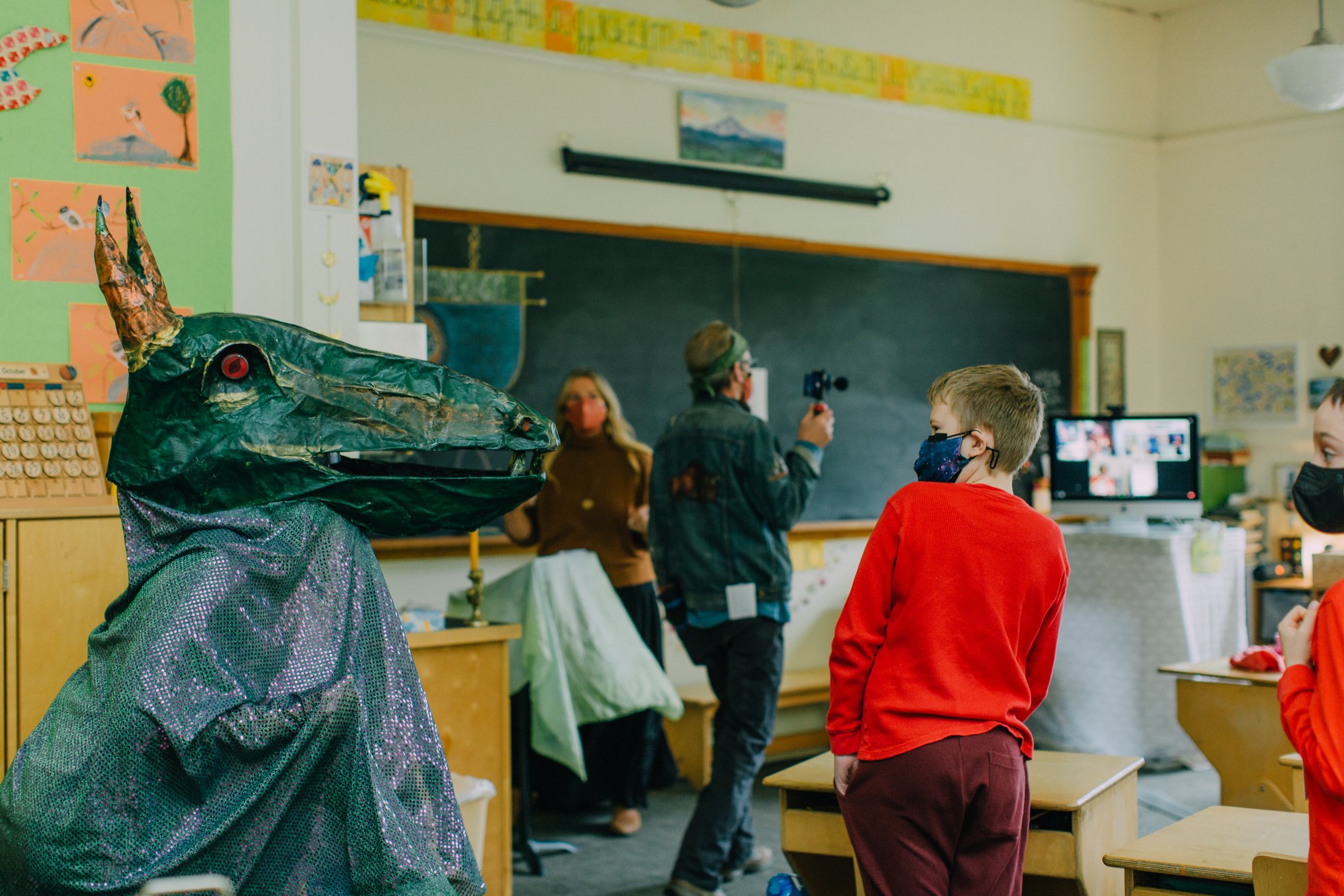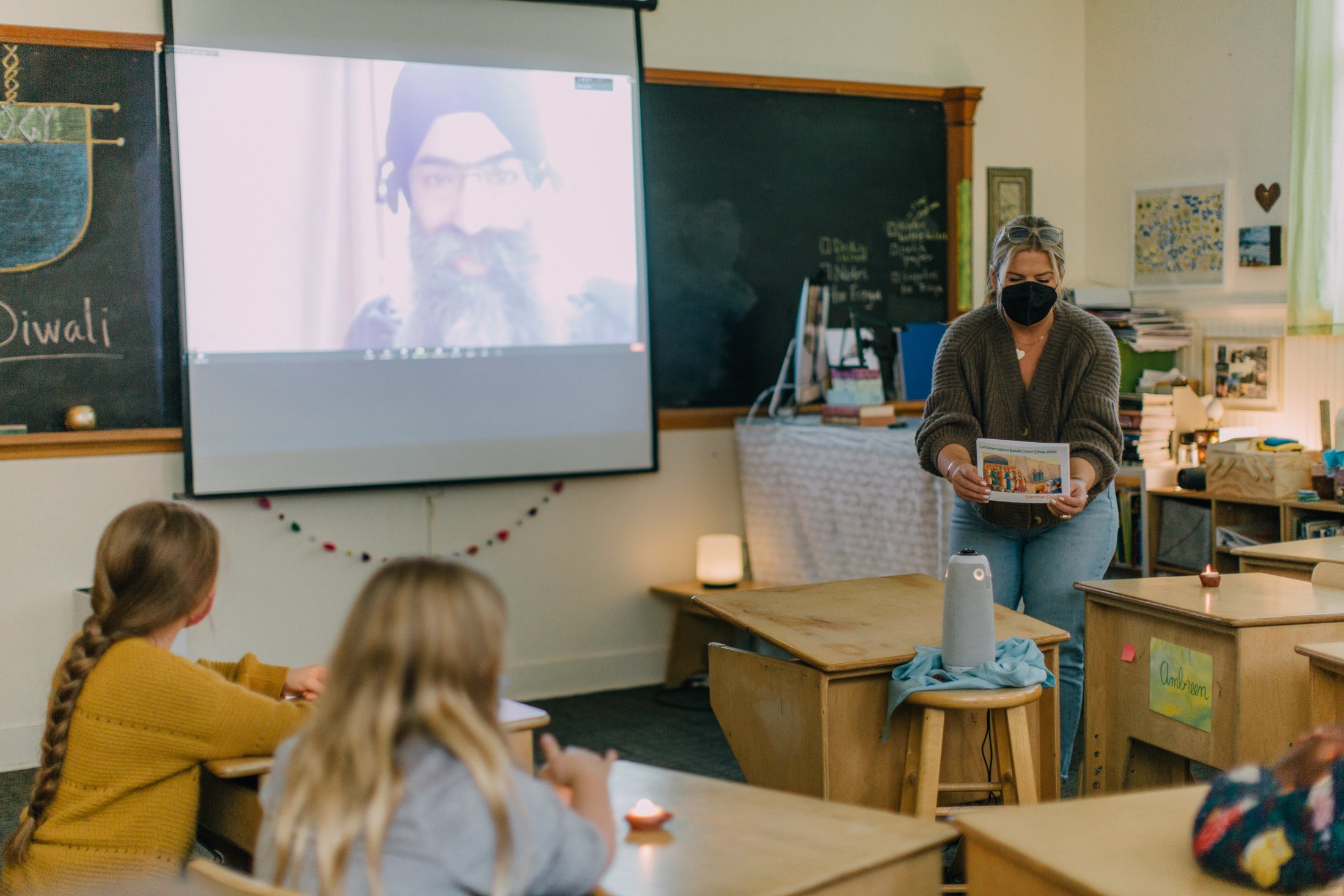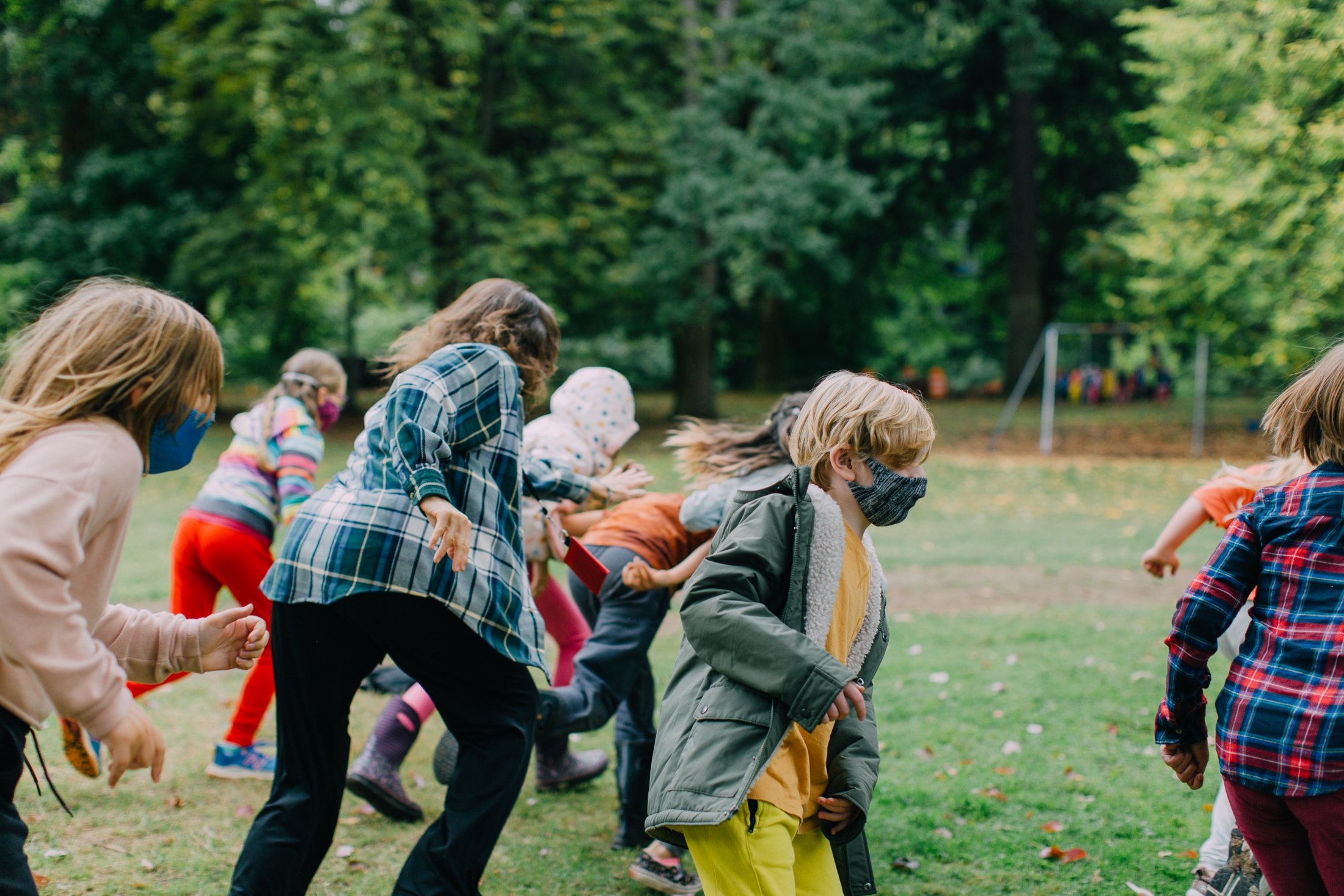Adaptability Quotient: Educating for an Uncertain Future
With increasingly rapid changes in technology and the nature of work, employers are interested not just in intelligence and social skills, but in an employee’s adaptability quotient.
What is an adaptability quotient? AQ is a person’s ability to adapt to new challenges with flexibility, curiosity, problem-solving, courage, and resilience.
That’s why we deepen rigorous academics through the integration of art, outdoor education, music, theater, practical work, movement, and hands-on learning in Waldorf education.
The depth and breadth of our curriculum challenges our students and develops crucial capacities that help them adapt and thrive throughout their lives.
We’ve seen this come into play now more than ever through the global pandemic, as our Cedarwood community navigates the ever-changing health and safety policies and guidance that impact our day-to-day operations. Through the warm example provided by their teachers, students are learning how to experience the discomforts and inconveniences of this time with grace and flexibility — skills that will be critical in future environments of fast and frequent change.
Read more about how the capacity to adapt may determine career success in the future.
Learn More:
Why Waldorf? At Cedarwood, each student’s imagination is continually nurtured by a team of teachers and a broad spectrum of experiential learning opportunities as they develop their capacity for growth, creativity, and critical thinking. The curriculum is comprehensive and designed to educate the whole child, with lessons in math, science, language arts, history, geography, music, eurythmy, handwork, movement, and not one but two world languages, Spanish and Japanese. Art is not taught separately in our elementary program, but rather imbues students’ understanding of every single subject they encounter.
Curious about a Waldorf education for your child? Let’s connect!

